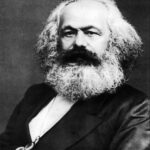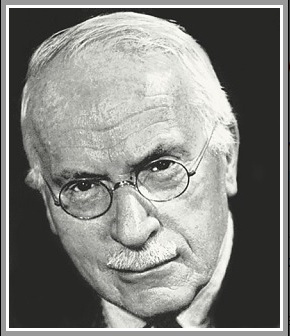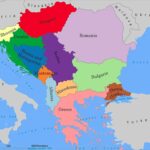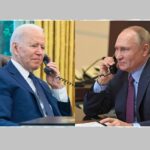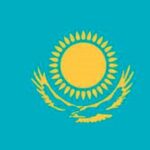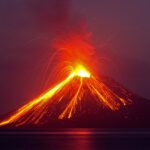It was a couple of days ago that we could see the press conference with the participation of Russian Foreign Minister Sergei Lavrov and British Foreign Secretary Liz Truss. We could have an opportunity to listen to the argumentation of the two parties at length. We, that is, those who had access to the material posted on YouTube or elsewhere. We could feel like lay judges or assessors in a trial, weighing what one side to the conflict says against what the other side to the conflict says. And that’s it. Having listened to the announcements, we can form our opinion, make an evaluation and pass judgement.
Is that what we are usually confronted with? Not by any means! Television or radio broadcasters along with the press and internet news outlets cut the announcements of the parties involved into a handful of selected sentences and then put them together intertwined with the interpretation imposed by those who run the medium. We never, ever get the opportunity to listen – at ease – to the argumentation of the contestants.
It is even worse. What the media present – the aforementioned digested precis – is immediately followed up by TV talking heads or by a written comment from a big figure, and they again dissect what we have had no opportunity to listen to in full. They thus make sure that we – the recipients of the news – know precisely how to understand things or – to put it even better – who is the guilty party. They serve no useful purpose for us. They might be easily dispensed with. If they were dispensed with, then what would we need journalists for?
One might answer: for nothing. Yet, no. Journalists could be useful after all. How? They should be given the task of letting the politicians or leaders have their full say, also in confrontation with their opponents. How? By organizing such conferences or visiting the said politicians or leaders in their places and having them lay down their views and evaluations of events and of the actions taken by their opponents. That’s it.
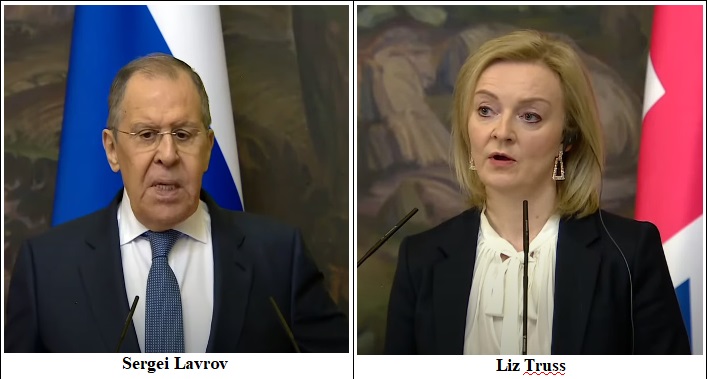
Oh, yes. Journalist might also come in handy explaining or reminding of things that the viewers, listeners, readers might not be familiar with or may have forgotten. If Minister Lavrov or Secretary Truss mention the Minsk Protocol (the document signed in 2014 by Russia, Ukraine, Germany and France), then the journalists would duly remind of or explain (delete as applicable) what the Protocol was all about. Here again, a full text made available for all to read would be a must. No interpretations, no cuts allowed. You see the point?
If a conflict between Serbs and Albanians arises, the journalist should do his best to contact the best advocates of either side’s interests on either side to the conflict, let them present their case and, again, that’s it. The journalist might – if possible – hold an Oxford-like debate, where belligerents have their say, without being interrupted, without being compelled to answer questions that direct their attention and that of their listeners, viewers or readers away from what they really want to say, and without any audience that is instructed to boo and hiss so as to exert pressure on the speaker. The readers, viewers or listeners should then be left alone with what they read, saw and heard to evaluate, to judge, and to draw inferences. Why are we not given this opportunity?
Have you heard straight from the horse’s mouth via your media what Saddam Hussein or Muammar Qaddafi had to say, how they viewed the conflict with the West, what they complained about? Highly unlikely, to put it mildly. Instead, all you can hear is that President Assad is nasty, that President Lukashenko is Europe’s last dictator, that President Putin is a killer, that President Hussein gassed Kurds while Qaddafi or Milošević used to eat babies for breakfast or dinner in between pauses devoted to herding their opponents in concentration camps. Can’t we see how biased it all is?


